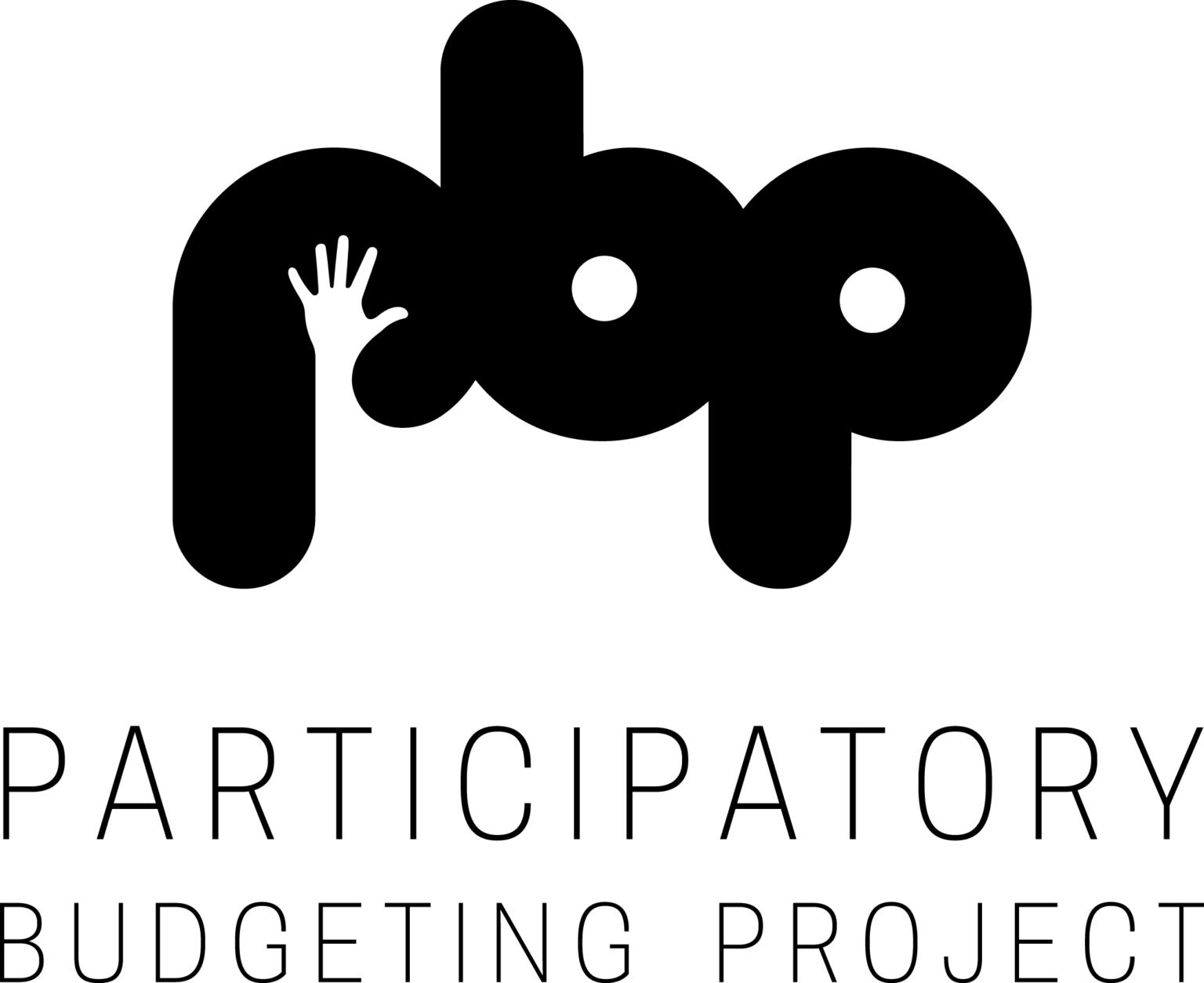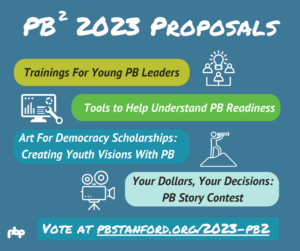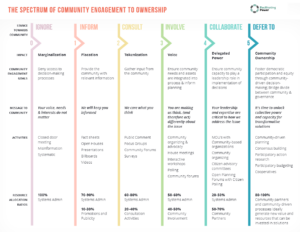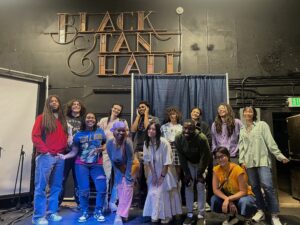We have a guest post from Marc Becker, who has attended the latest WSF. These and other writings are available at www.yachana.org
The World Social Forum comes to Africa
Marc Becker
marc@yachana.org
January 28, 2007
The last week of January, 50,000 activists from around the world gathered under the theme “People’s Struggles, People’s Alternatives” in Nairobi, Kenya for the seventh World Social Forum. After meeting four times in Porto Alegre, Brazil; once in Mumbai, Indian; and last year in a ‘polycentric’ fashion in Mali, Venezuela, and Pakistan, this was the first time the annual gathering of civil society had a unified meeting in Africa.
“Words alone cannot capture the vibrancy, the potency, the promise and the excitement of a World Social Forum event,” organizers wrote in the introduction to the 174-page program. “There is no alternative to being there.” In reflections on a panel of scholar-activists, Jai Sen argued that a critique of the forum can only be done by direct engagement, not by a disinterested outsider. “The forum needs to get under one’s skin,” he said. “We have to critique it from the inside” in order to make it better.
Planning for the forum took several years, and some activists questioned whether Kenyan organizers could pull off the feat. Some participants complained about logistical nightmares that are almost inevitable in a country marginalized and ravished by capitalism. Kenyan organizer Njoki Njoroge acknowledged and apologized for problems with translation, signage, security, traffic. Others noted that simply holding the forum in Africa meant that it was a success. There is, however, a problem of lowered expectations that does not encourage us to reach higher levels of achievement. Njoroge noted that it was important for the forum to come to Nairobi because it will change Africa, and Africa will change the forum. “It is not a perfect space,” she said, “but one of struggle and a dynamic one.” All of the forums have faced their challenges, and some felt that participants were overly critical of the Nairobi forum.
In the first years, the WSF grew rapidly by leaps and bounds. Attendance this year was much less than the expected 150,000, and only matched the forum’s second year when it met in Porto Alegre in 2002. Success, of course, cannot me measured only by numbers, and such a focus distracted from important discussions that took place within the forum. Others noted that it is perfectly normal for social movements to have an early peak with a lot of energy when everything is new and exciting, but then subsequently to drop back to a lower and more stable level.
Nairobi
The forum began with a dismally small peace march from Kibera, Africa’s largest slum, to Uhuru Park in the middle of Nairobi. At the park, speeches and music celebrated the forum’s main themes. Former Zambia president Kenneth Kounda spoke about the struggle against AIDS in Africa. He has taken a leading role in the struggle, including acknowledging the death of his son from AIDS and personally getting tested publicly. Part of this is fighting the stigma of AIDS. But more needs to be done, and Kounda urged the forum to be a platform to be a network in the struggle against AIDS.
The forum originally was to be held in the Kenyetta International Conference Center (KICC), across from the Uhuru Park and close to the mid- and upper- range hotels where many of the international delegates were housed. Kenya hosts many conferences, and KICC used to be one of Africa’s premier conference centers, although with neglect it has declined in recent years. Several months prior to the start of the forum, the location was moved to the Moi International Sports Complex in Kasarani, 10 kilometers from town. No one seemed to know why it was moved. Some said it was because the city center is a business center, and this was an attempt to bring it out to the edge of the city where people live. Organizers said that it was moved on the recommendations of the International Council to bring it to a safer and more controlled venue. Others suspected more nefarious dealings. The stadium was not in a popular neighborhood. With Nairobi’s very bad traffic jams, it could take an hour or more to travel back and forth–further complicating some of the forum’s logistics.
Meeting in a stadium could both facilitate and hinder debates and interactions. On one hand, having everyone in one enclosed centralized space meant that participants constantly ran into a broad range of issues, something that did not happen so readily two years ago when the forum was divided into 11 Thematic Terrains spread for several kilometers along Porto Alegre’s Guaiba riverfront. Many events were held in sectioned off stadium seats, with tarps overhead for cover. The fixed seating was not very conducive to collaborative or innovative educational or learning practices. As in Mumbai, constant rallies and drumming on the street circling the stadium often made it hard to hear in spaces that already had poor acoustics.
A persistent theme that has grown with the World Social Forum is that it should practice in its own spaces the type of human relations it advocates for the rest of the world. This includes attention to issues of balance and equity, including the gender of those who speak on panels. All too often, white males speak from on top of a platform down to an audience that embodies the gender and racial diversity of forum participants. The forum appears to continue to have that problem. Others noted the importance of having someone from the host continent on each panel, which would help connect to local issues and perspectives.
The selling of the forum
At the opening ceremonies of the forum in Uhuru Park, a man showed up with the sign:
Who decided to punish Kenya’s poor with a 500/= registration fee? Are there capitalists in the World Social Forum??????
As we had previously seen in Porto Alegre, the forum brings out opportunists who exploit the forum’s presence to their financial benefit. Prices of accommodations, food, and transportation all doubled, quadrupled, or even more. For foreigners, it became difficult to determine what was exploitation, and what operations were outright fraudulent. It slowly leaked out that a large restaurant set up by the entrance gate was owned by former internal security minister John Michuki who was known as “the crusher” for his draconian and authoritarian measures. Rumors spread that it was set up in exchange for providing security for the forum. Organizers claimed that it was an opportunity to showcase a local business. If that was the case, it only demonstrated that local enterprises are not necessarily better than multi-national corporation.. On the last day, protesters took over the restaurant and shut it down.
Registration fees for the WSF have always been nominal. In Mumbai, for example, they were so insignificant that local people flooded into the forum just out of curiosity. Charging almost $10 USD in Nairobi priced it out of the range of most Kenyans. Northern internationals were charged an outrageous $110 USD, assuring that only the more affluent activists could attend. The registration process itself was very cumbersome. There is a growing concern that rather than an expression of civil society, the forum will become an exclusive event–limited not only to those who can afford the transportation and visa fees, but now also those who can pay abusively high hotel rates and registration fees.
The result of this was a notable shift in the face of the forum. In previous years, the overwhelming number of a participants have been from the host country and that has helped define the look and feel of the forum. For the first time, this appeared to be predominantly a western European and North American event. Some estimated that 80 percent of attendees came from outside Kenya, reverse of the percentage at previous forums. Mumbai energized Indian civil society. It appeared that Nairobi failed to do the same for Africa. Many Kenyans remained in the dark what the WSF means. “What is this thing called the World Social Forum,” I was asked when I left the country. It was a “conference” for foreigners, not something related to their daily lived realities.
In response, local activists threatened to storm the gates. Responding to criticism, organizers first agreed to a “nominal” fee of 50 KSH for a day pass to the forum. Although less than a dollar, it was still almost as much as the daily wage of many poor people in the slums. Local organizers claimed that they would not exclude anyone unable to pay from participating in the forum, and that they had facilitated free access for thousands of people from marginal communities. They complained that holding up protest signs does not solve these problems, but that people should work together to find solutions. Finally, organizers threw the gates open and allowed anyone in who wished to attend.
In the end, organizers were left in an impossible position. Activists want to maintain the forum as an autonomous space, and do not want to accept funding from governments, corporations, foundations, or NGOs. At the same time, social movements do not have the resources to pay for the event themselves, and delegates resist high registration fees. The local organizing committee is left with large bills, and no clear avenue to pay them. How and from where do we get funds for the forum? It seems to be an impossible bind, and calls into question whether we should have such large scale forums and whether they are sustainable. We need to own the forum; funding is not only a problem for the organizers, but one for which we all need to take responsibility.
With the gates open, the face of the forum changed dramatically. Now it finally became an overwhelmingly Kenyan event. The street that encircled the stadium acquired a carnival or marketplace-type atmosphere, with informal vendors rushing in to sell everything and anything. Lines of vendors sold coca-cola, even though forum regulations prohibit the sale of multi-national corporate products. Has the forum become little more than a show, a marketplace?
African flavors
Participants in World Social Forums note how it assumes characteristics of the local environment. In Kenya, that would mean a more overt religious presence. For example, the Catholic organization Caritas had a large tent right in the middle of events. Proponents cheered that the forum was finally coming to grips with spiritual dimensions of the human experience. Others noted how leftist Christians and movement activists share common goals of social justice, and should work together to build a better world. The religious community had realized an unprecedented level of coordination with organizers in mobilizing their members to attend the forum. Critiques condemned the presence of anti-abortion groups as running counter to the feminist goals and methodologies of the forum.
African Social Forum organizer Taoufik Ben Abdallah maintained that the forum was the most important event to take place on the continent in 50-60 years. Africans attended from all 53 countries on the continent, and they were committed to the concept of constructing African unity among peoples (not only among states). The social forum contributed to this process of building unity on the continent. Furthermore, it helped mobilize popular forces to take control of their future and decisions. He asked others to be with them as they discussed how to shape Africa. The forum was an important step in building south-south dialogue, particularly between Africa and Latin America.
On a more negative note, crime (arguably a function of capitalism and poverty) was endemic throughout the forum. Police and soldiers with machine guns patrolled the grounds, with seemingly little impact on the pickpockets and armed robberies. Increasingly activists protested the militarization of the forum. Njoroge says that we must realize that in Kenya people deal with those problems every single day. When we come here, we have to deal with those problems as well, she said. The local organizing committee tried to strike a balance between security and militarization, and did not feel that they could tell police not to carry arms which are part of their trade. Apologists claim that it is unfair to pin high crime rates on Africa, because crime also takes place in Spain and California.
4th-day activities
It was easy for many activists to focus on the forum’s shortcomings, ignoring new and innovative aspects that emerged out of this meeting. One that organizers in particular stressed were the so-called “4th-day activities.” Instead of having the standard discussion sections, this was to be a day of networking and strategizing with different groups coming together to report on their discussions and to plan future actions. Organizers presented it as moving from the 11 “Thematic Terrains” around which discussions at Porto Alegre were organized 2 years ago, to “Objectives for Action” to interconnect and strengthen our struggles. In part, this was a response to criticism that the forum was nothing more than a lot of talk, that nothing concrete came out of the forum. Although many have argued that this is a faulty assessment, by all appearances the 4th-day activities were a success and led to the development of new projects and alliances.
In the afternoon of the 4th day, participants gathered in 21 “Forums of Struggles, Alternatives and Actions.” These 21 forums ranged through the topics of water, war and peace, housing, women’s struggles, human rights, youth, food sovereignty, labor, education, environment, health, debt, migration, culture, and trade. The diversity of topics highlights the broad range of interests and concerns at the forum.
At the end of the day, everyone gathered back into one tent to report back to the Assembly of Social Movements. The assembly issued a statement condemning the commercialization, privatization, and militarization of social forum spaces, and the exclusion of Kenyans. It was not fair, the statement read, to have the forum in Kenya and have 90 percent of participants non-Kenyan. They had much to add to the process. Instead, Kenyans had set up an alternative Poor People’s Social Forum downtown that discussed pressing issues of housing and unemployment. They brought back to the forum resolutions concerning housing, trade, militarism, environment, and debt cancellation.
Delegates also reported back on resolutions from the 21 forums of struggles and actions, and other groups made statements. An Indigenous peoples group championed Bolivian president Evo Morales’ candidacy for the Nobel Peace prize. Another group announced the launching that morning of an African water network against privatization. Actor Danny Glover said that he was happy to be at the forum, that the forum is critical to our collective growth. He emphasized that our voices are of fundamental importance to stopping and defeating oppression. Organizers called for proposals for a day of action, and although numerous proposals around various themes were floated, a consensus decision on one single unified day or event was not reached.
The forum closed similar to how it had begun, with a marathon through the slums to Uhuru Park in downtown Nairobi. Again, the park was not packed as often has been the case with opening and closing rallies at previous forums. Danny Glover was one of few speakers. He said that “those who cause conflict must understand that peace is not just the absence of war. It is the presence of justice.” Mostly there was a lot of music, and sitting on the grass in the park on a warm sunny day was a comforting end to a rather turbulent forum.
United States Social Forum
After the end of the forum, the WSF’s International Council met to hash out plans for next year and to discuss what to do in 2009. Preliminary plans are to encourage local activists in 2008 to organize events in their own communities against neoliberalism and militarism in their own communities at the same time as the Davos meeting, and perhaps to have another centralized forum in 2009 with the location to be determined.
In the meantime, the next major forum is the United States Social Forum scheduled for the last week of June 2007 in Atlanta, Georgia. Michael Leon Guerrero from Grassroots Global Justice (GGJ) pointed out how the USSF can be a place for new initiatives. We’re behind the world in social justice, but he emphasized that 2007 can be an important starting point. “The social forum process originated in the global south and we’ve taken our leadership cues from the rest of the world,” he stated. “It is import to connect to broader global movements.”
Ironically, the USSF faces many of the same problems the WSF faced in Nairobi: a lack of funding, a poorly organized and divided grassroots movement, and a politically disengaged population. The success or failure of the USSF may very well determine the future direction, and even the future itself, of the WSF. If the USSF does not live up to expectations, it could de-energize the social forum process, particularly in the United States. If, however, it exceeds expectations, it could re-energize and re-vitalize a stalling social forum process on a global level.
A persistent problem seems to be expectations that the forum will do something for us, but we need to look at what we can do for the forum. We need to understand it as a space to mobilize ourselves. We cannot succeed unless we build a strong movement in the Belly of the Beast. It is of paramount importance for those who believe in the potential of the social forum process to form a new and better world to work diligently to ensure that the USSF is a rousing success.
Marc Becker is a Latin American historian and a member of the Network Institute for Global Democratization. He has attended the last five World Social Forums.





